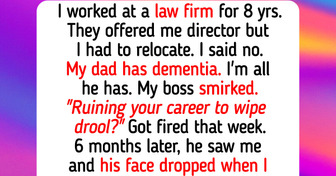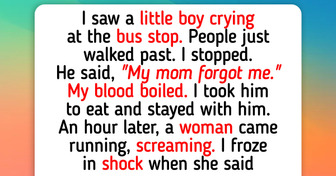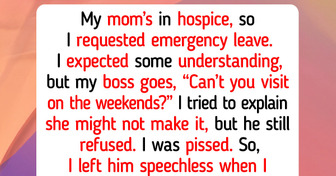Young Woman Documents Her Double Jaw Surgery, and Leaves Everyone Stunned With the Results

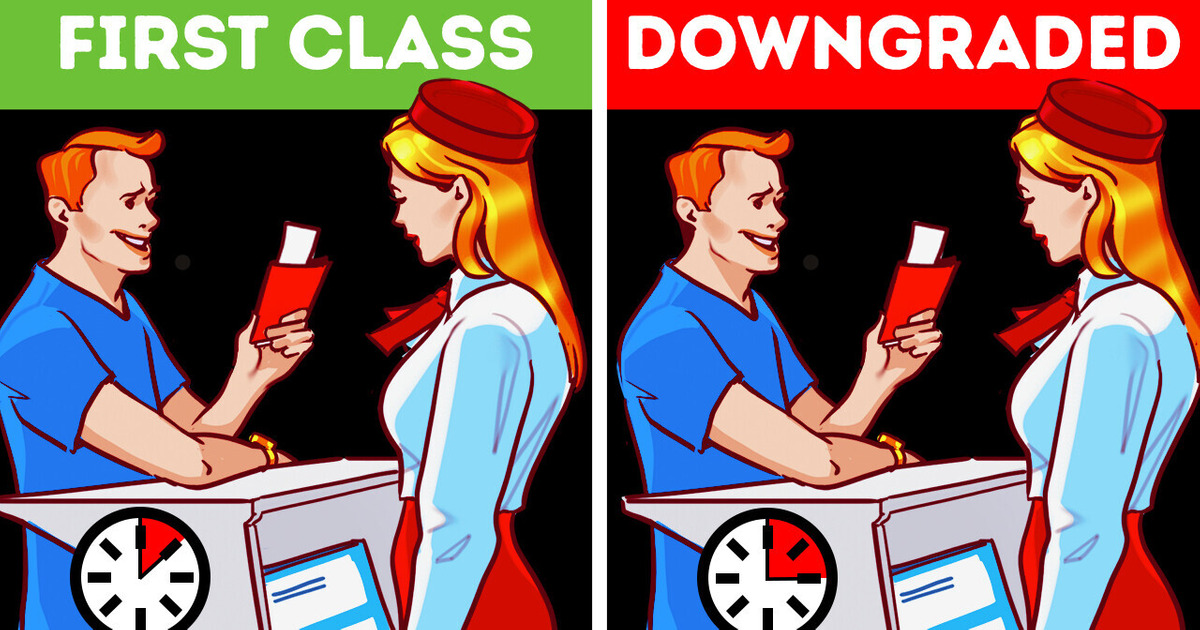
You arrive at the airport, anticipating a pleasant flight — after all, you’ve paid more for that extra legroom! Or a comfy window seat. Or a business class. That’s when you find out you’ve been...downgraded!
How come? And if you can get downgraded, is the opposite possible too? Then, what other secrets do airlines hide?
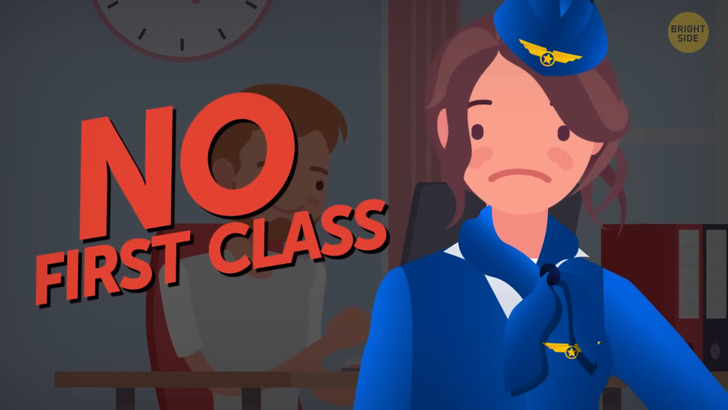
Experts claim downgrades do happen — and rather frequently at that! The reasons vary: the airplane can get unexpectedly swapped for a smaller one because of some technical issues. Or a passenger can miss their connection because of a flight delay. The next flight can be a different airplane model, or the seats in the needed class might be already booked.
The flight can be overbooked. In this case, if you arrive at the check-in later than other passengers, the place you’ve booked can be already given away. There have also been cases when people bought first-class tickets only to find out later there was no first class on the plane whatsoever. Oops.
But then, how about getting a better seat? Your chances to have an upgrade are higher if you travel at quiet times, for example, during bank holidays when business travelers don’t fly that often. Join an airline’s loyalty program and try to book your flights only with this carrier.
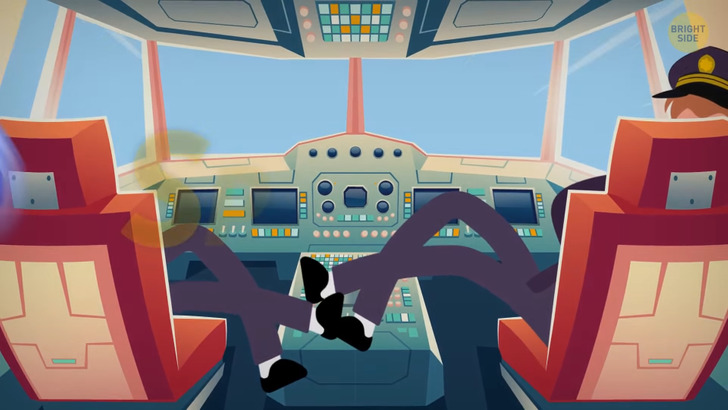
Come early for your flight. If there are spare seats in a higher class, you may get them for free. First come, first served. But the rules of downgrading and upgrading aren’t the only secrets airlines, flight attendants, and airport staff don’t want you to know. If your flight is canceled, get in line at the airline’s ticket counter as soon as possible. But while you’re waiting, call their customer service.
It’s usually faster than talking to a gate agent — and in your case, seconds matter. Airport lounges can be available for regular travelers. In most of them, you can pay a certain amount of money and rest in a quiet place with free food and drinks. You can’t stay “trapped” on a plane without going anywhere for more than 3 hours. Any longer than that — and you can ask for compensation.
Crew members have a special name for passengers who turn up late and without an assigned seat — it’s “spinners.” Such passengers keep flapping around trying to find an unoccupied place or figure out which overhead bin has a bit of space for their bag.
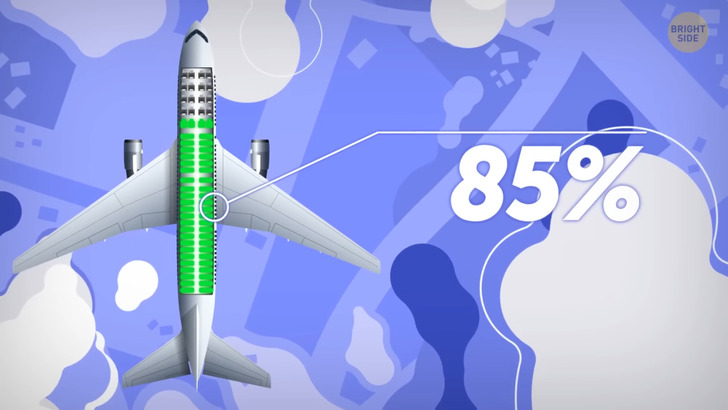
If you need to find a bathroom, the cheapest cafe, or your gate at the airport, don’t ask pilots. They’re usually just as clueless as you are — unless it’s their “base” airport.
Planes must be at least 85% full to bring profit. That’s why many flights are overbooked in case some passengers don’t show or miss their connection. If you get bumped unwillingly and are delayed for two or more hours, you’re entitled to compensation. If you have a choice, pick cash or a check — vouchers tend to have expiration and black-out dates.
Flight attendants dislike delays as much as you do. They’re only paid for flight hours, not for the time spent on the ground. Air companies offer cabin crews a small expense allowance for every hour they spend at the airport, but that’s pretty much it.

Buying group tickets is likely to cost you more than getting several single ones. Let’s say you need 5 tickets, but there are only 3 discounted ones left. Instead of snatching three cheaper ones and buying two at full price, you’d have to pay for 5 regular-price tickets.
For domestic flights, the cheapest days to fly are Tuesdays, Wednesdays, and Saturdays. If it’s an international flight, opt for weekdays. Plus, wait for a Tuesday, Wednesday, or Thursday to buy tickets at the lowest price.
Despite what you might have seen in action movies, an ordinary person will never manage to land a commercial airplane. Really? Yeah. Uh oh!
Contrary to popular belief, there’s no cargo compartment underneath the plane — no extra layers filled with suitcases, bags, and pet carriers. Even if there are some accessible alcoves under the cockpit or cabin, they’re too tiny for a person to move without having to crouch.
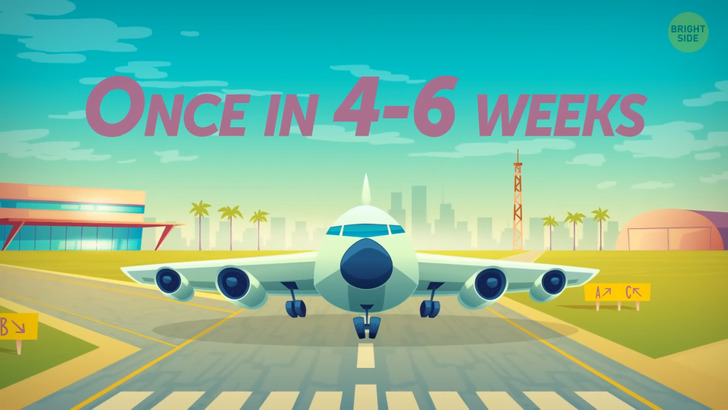
Airplanes only get cleaned once a month or every six weeks. But when this time comes, an aircraft is usually taken to the hangar, and the whole cleaning process lasts for more than 8 hours.
Each of those “dings” you hear during the flight has its own meaning. For example, a high-low sound informs flight attendants their colleagues need them in another part of the cabin. Three low “dings” mean serious turbulence ahead.
Duty-Free stores aren’t always cheaper than retail ones. What’s more, goods are sometimes delivered to Duty-Free from regular city stores.
So to not alarm passengers, pilots and cabin crew often replace the word “turbulence” with a more neutral “air pocket.”

Flight attendants assess you when you’re boarding the plane. If you look strong enough and are wearing comfortable clothes, they’ll remember it to ask you for help in case of an emergency.
Don’t worry if you notice airplane wings flex. They’re designed to be flexible. If they were stiff, they would break as soon as the plane came across the slightest turbulence.
You may have an opportunity to check your carry-on bag at the gate — and totally for free! Listen for messages offering complimentary checked bags. It happens when the airline expects a full flight, and there’s a shortage of overhead bin space.
Be careful with what you buy in Duty-Free if you have a connecting flight. Some airports won’t allow you to carry liquids over 3.4 oz through your layover destination, even if they’re from a duty-free store and in a sealed bag.
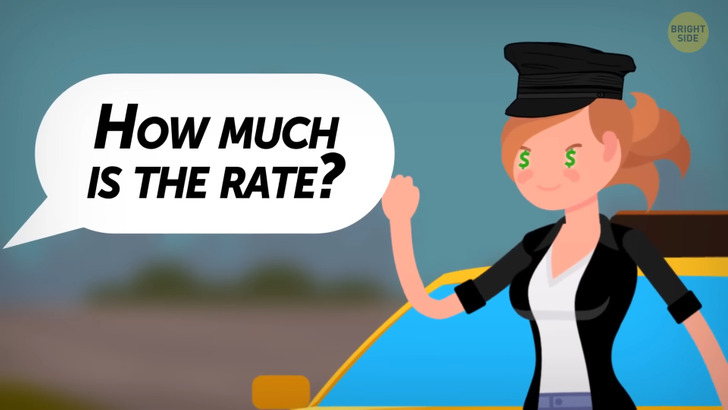
You can ask for an extra portion if you still feel hungry after the meal on the plane. If you’re nice and polite, and the food is available, you’ll get it. Most airlines get rid of the leftovers after the flight anyway.
Planes never fly in straight lines. All routes have to pass not far from airports so that pilots have enough time to reach one if there’s a forced landing. Weather conditions can also affect the trajectory.
Airport taxis can charge you twice the actual price of the ride. It’s always better to use an online taxi app or rent a car. If you don’t have these options, make sure to find out the rate in advance.
Airplane headphones are reusable, even though the bag you get is sealed. Foam covers get changed, and earphones are handed out to the next planeload of passengers.

What surprises flight attendants most is passengers getting off the plane and leaving some or all of their stuff behind.
You’ll feel safer and happier in an airplane with a wider entrance and brighter lighting. You might even believe your food tastes better, and your seat is wider.
When a security agent is having a pleasant conversation with you, they might be checking your behavior right at that moment. They know how to make sure you aren’t planning anything suspicious.
When pilots fly as passengers, they ignore turbulence but pay attention to unusual smells. They know which scents can indicate problems with the engine or fuel-storage systems.
You can find free water at most airports. Just remember to bring along an empty plastic bottle. The chances are you’ll see either a water refill station or at least a water fountain.

The dirtiest places on any plane are the seat belts, headrests, tray tables, and seat pockets.
If your captain announces they’re finishing some paperwork, it means they’re busy revising the flight itinerary or waiting for the ground staff to prepare the flight logbook. That’s a journal that contains the official record of a journey.
You’ll be the first to grab your suitcase at the baggage carousel if you check it later than other passengers. Bags that are loaded the last are typically the first to get to the baggage claim area.
Some planes, especially those flying long distances, have secret bedrooms for crew members who need to catch some shut-eye. These bedrooms, called “crew rest compartments,” are located either at the back of the plane or behind the cockpit. Such a compartment can have up to 10 beds where flight attendants can have rest.




